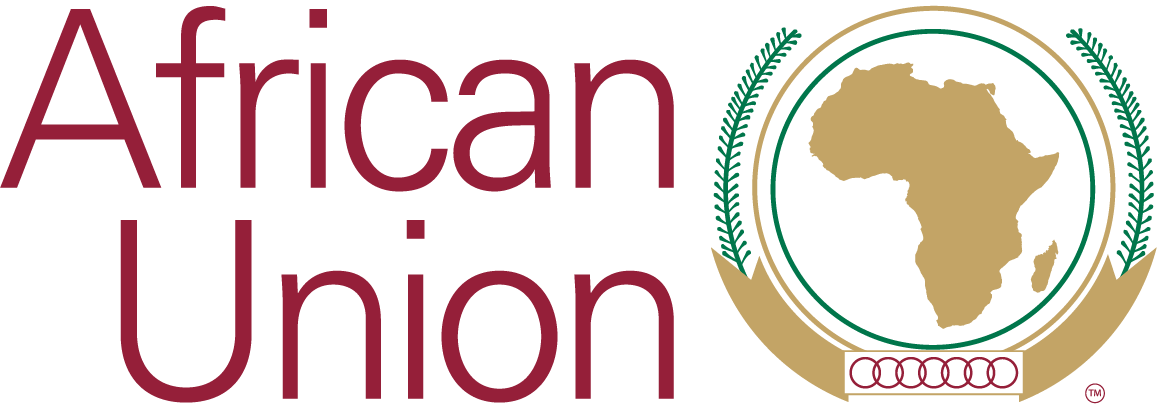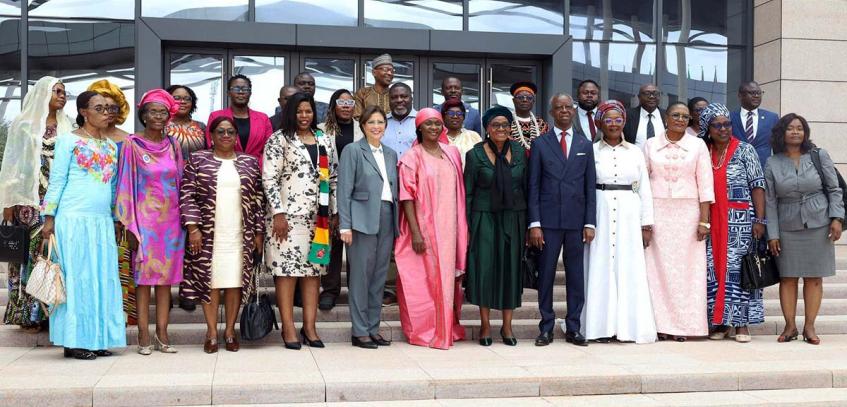The Pan-African Parliament (PAP), in collaboration with the National Assembly of the Republic of Cameroon, has officially opened a high-level technical meeting aimed at reviewing, analyzing, and consolidating the initial draft of the Model Law on Gender Equality and Equity. Taking place from 8 to 12 May 2025 in Yaoundé, this forum marks a significant step in the Pan-African Parliament’s effort to develop a unified legal instrument for the promotion of gender equality and equity.
The gathering brings together a broad coalition of stakeholders, including parliamentarians, representatives of the African Union Commission, the African Commission on Human and Peoples’ Rights, civil society organizations, national human rights institutions, lawyers, academics, and other technical experts. Their objective is to conduct a comprehensive technical review of the zero draft Model Law, which was developed through regional consultations in collaboration with the African Union’s Economic, Social and Cultural Council (ECOSOCC).
Representing the Right Honourable Speaker of the National Assembly of Cameroon, Cavaye Yeguie Djibril, Deputy Speaker Hon. Mary Muyali emphasized Cameroon’s political will to advance women's rights. “The Cameroonian political leadership attaches great importance to women in general and to the respect of their rights in particular,” she noted. “I am tempted to believe that this technical meeting, organized by the Pan-African Parliament, will enable all the human rights stakeholders and experts who you are to improve the legal instruments of our States—not only for the welfare of women but also for just and equitable societies where everyone has a place and can contribute to the construction of our societies, in his or her domain.”
The mission is led by the Pan-African Parliament Committee on Gender, Family, Youth, and People with Disabilities whose delegation include Hon. Mariam Dao Gabala (Côte d’Ivoire), Chairperson as well as Hon. Professor Mohamed Randa (Egypt) and Hon. Elizabeth Masuku (Zimbabwe), both members of the Committee. They are joined by members of the Cameronian delegation to the Pan-African Parliament. In her opening address, Hon. Dao Gabala underscored the technical nature of the meeting and its strategic relevance.
“During this session, our priority task will be to carry out a rigorous structural analysis of the initial draft of the Model Law,” she explained. “This will involve examining its structure, content and provisions, to ensure clarity, practical relevance and applicability in different national legal contexts. The aim is to ensure its consistency with the legal systems of the Member States, while identifying areas for clarification or improvement.”
She added that the review will also align the draft law with recent developments on the continent: “These deliberations will enable us to incorporate the African Union's recent legal instruments, notably the Convention on the Elimination of All Forms of Violence against Women and Girls, adopted in February 2025 by the Conference of Heads of State held in Addis Ababa, Ethiopia. This draft Model Law must reflect these developments and align with the most recent standards on our continent.”
Professor Marie-Thérèse Abena Ondoa, Minister of Women’s Empowerment and the Family in Cameroon, offered insights into the national context. She outlined various initiatives in Cameroon to enhance gender equality and women's empowerment and expressed her support for the PAP initiative. “We are committed to achieving true equality and equity for women,” she said. “I look forward to deepening our collaboration with the Pan-African Parliament on the Model Law, ensuring that no one is left behind.”
The Model Law seeks to establish a coherent and practical framework to guide African Union Member States in harmonizing national legislation with continental and international standards, especially in light of the continued challenges surrounding the universal ratification and implementation of the Maputo Protocol.
The technical meeting will serve as a critical platform to assess the zero draft of this Model Law, drawing on the outcomes of Regional Consultations, and to engage in dialogue on how best to ensure that the Model Law is a practical tool for achieving gender equality and equity across Africa.The finalized draft will be presented to the Pan-African Parliament for further consideration, with the long-term goal of enabling its adoption and domestication by AU Member States.








